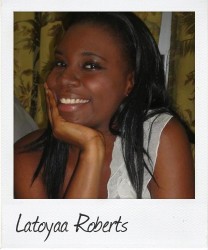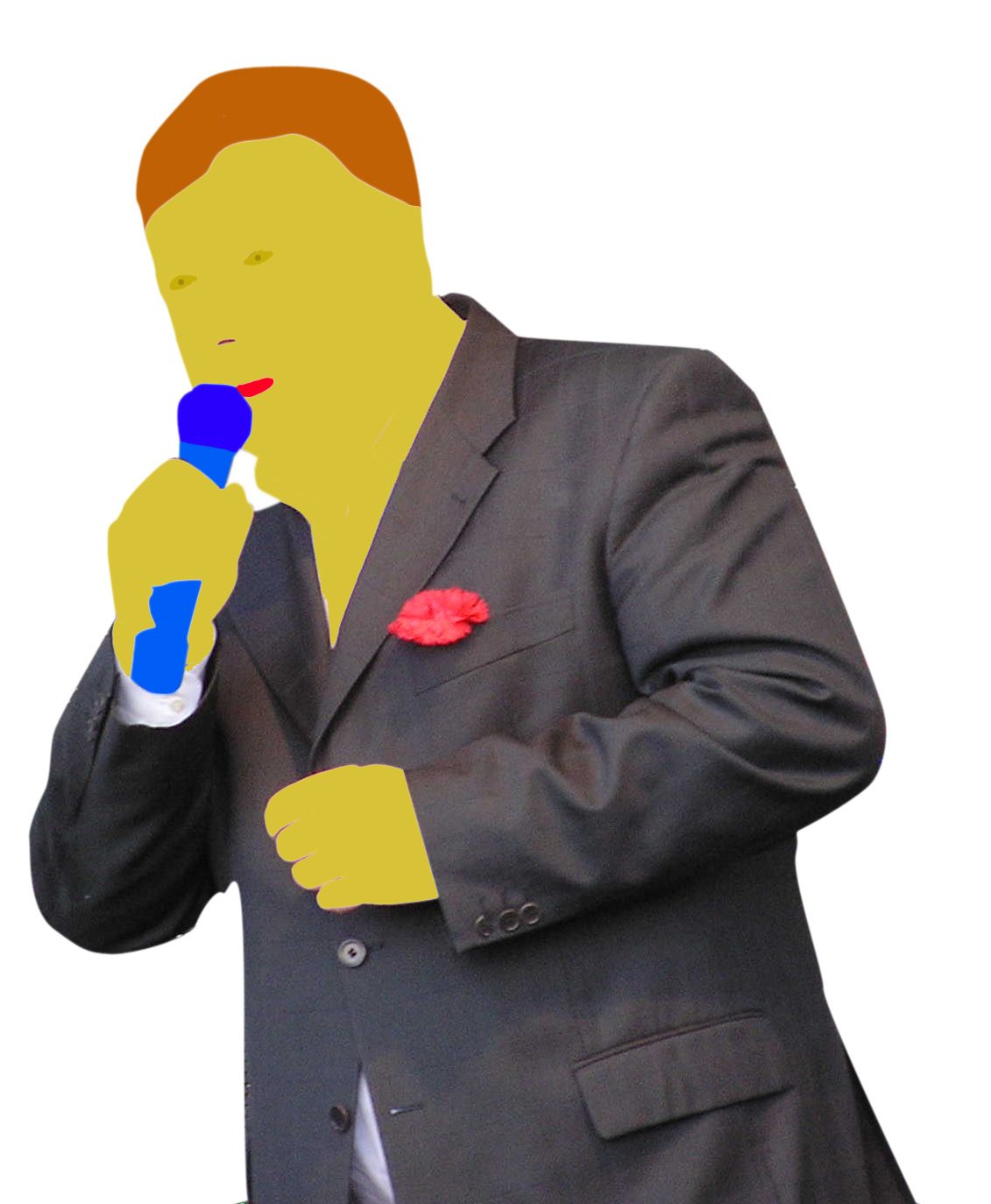“Spoken Word: providing expression for youth”
September 14 A twist on oral tradition is giving a new voice to youth, writes Latoyaa Roberts, 27, a Commonwealth Correspondent from Trinidad and Tobago, who says the powerful format carries a message for world-wide audiences.
A twist on oral tradition is giving a new voice to youth, writes Latoyaa Roberts, 27, a Commonwealth Correspondent from Trinidad and Tobago, who says the powerful format carries a message for world-wide audiences.
In the Caribbean, oral traditions have always been a part of our culture. This culture was brought to us primarily through the African slaves, who did not engage in formal writing.
Oral traditions cemented the course for indigenous forms of communication. Oral traditions were also channels for preservation of history through folktales and story-telling. Within my country, Trinidad and Tobago, today oral traditions are customarily enacted through speech band, story-telling, robber talk and calypso. These art forms developed within their own rights. They have over fifty years of existence within our national heritage and are commonplace within our everyday heritage.
About seven years ago, while at university, my friend invited me to an event on the campus. I assumed it was an ordinary concert with singing and musical performances. To my amazement, I sat in the audience for a show that was suffused with humour, sarcasm, rhythm and rhyme, puns and lyrics – but still delved into great issues affecting society. However, it was not a comedy festival. The power of words coming from a single performer’s mouth as he stood on an empty stage with minimal props, just a mic and his stature, amazed me. The power of voice with intonations, styles and content complimented with body movement and facial expressions was all that was necessary to captivate an audience in a series of humourous but mind-blowing content.
Since that first encounter with spoken word, the “movement” as it is locally referred to has built momentum in my country with performances from many young persons. Some people may ask “why is spoken word so much different from poetry?” In my observation it is poetry, but the performance brings words on paper to the ears of listeners. It is very similar to the def jam style originated in the United States. However, the spoken word performances in Trinidad and Tobago add a localized flavour of jokes and sarcasm that excites the audience and leaves it wanting more.
I believe spoken word has now given various young people a platform to let their voices be heard. This platform is appealing and exciting for the youths, who always want to express themselves in novel ways. Furthermore, the spoken word genre is becoming so popular in Trinidad and Tobago that it has found itself a space in poetry slam competitions, university course works, theatres and concert halls. It is performed in comedy shows and local and international festival events such as the International Tobago Jazz Festival and with international soca star Machael Montano. Spoken work can be heard in television and radio advertisements, countless videos on social media such as YouTube and Facebook and even at formal functions such as dinners, weddings, and official functions of the state.
Some popular artists in my country include Kleon McPherson, Crystal Skeete, Derron Sandy, Kyle “Skeeto” Amos, Akile Wallace, Leandra Williamson and Brendon O’Brien. The content of these performances show how powerful the minds and voices of young people are, and it is mandatory that we wield this imagination and create a space for its expression. With diverse topics ranging from crime, abuse, violence in society, poverty, racism, political preferences, and discrimination to every day phenomena such as going to the bathroom, daily eating habits or what to wear, these five- to ten-minute speech acts provide a whole world of opportunities for youths to express what is in their hearts and minds. But they are also an opportunity for listeners to pay attention to the cries of our youths. The spoken word movement is growing in my country, and it is anticipated that the messages will spread to all of the Commonwealth and the world.
Photo credit: http://mrg.bz/k8lZRn
………………………………………………………………………………………………………………
About me:
The world is my oyster and I love exploring it. My best exploration thus far was as an English teacher in Japan, frequently visiting other Asian countries. Now, I am a Secondary School English teacher in my country but in the future I want to become a Communications Specialist for an international organization.
My first degree is in Communication Studies with Linguistics and International Relations. I also obtained a M.Sc in Global Studies and I am currently pursuing a M. Phil in International Relations.
………………………………………………………………………………………………………
Opinions expressed in this article are those of the author and do not necessarily represent the views of the Commonwealth Youth Programme. Articles are published in a spirit of dialogue, respect and understanding. If you disagree, why not submit a response?
To learn more about becoming a Commonwealth Correspondent please visit: http://www.yourcommonwealth.org/submit-articles/commonwealthcorrespondents/
…………………………………………………………………………………………………




